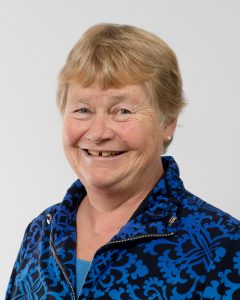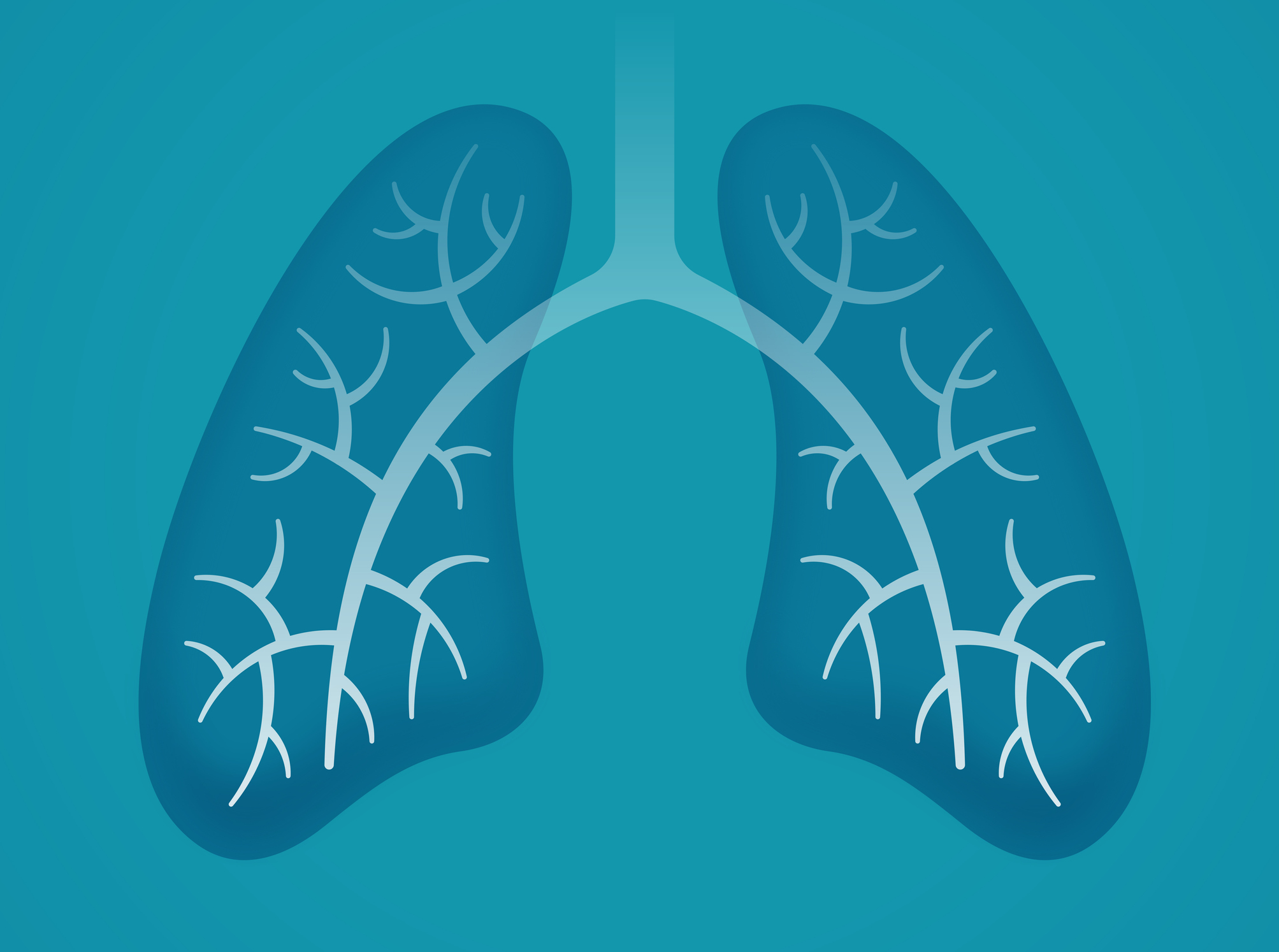Carol Pfeiffer, Ph.D., 75, from Farmington, became ill with what she thought was a just a bad cold after returning home from a trip to Egypt and Europe in March.
While she was diagnosed with pneumonia following a chest x-ray ordered by her primary care physician at UConn Health Dr. Kiki Nissen, she was also referred for a follow-up screening to double check the concerning incidental imaging finding of a spot on her lung.

“My CT scan was amazingly scheduled quickly,” says Pfeiffer. “This whole process started on a Thursday, and by Monday I had the CT scan. Dr. Omar Ibrahim saw me within minutes of the CT scan and said there was a lesion on the lung and that it was most probably lung cancer.”
Ibrahim is the director of thoracic oncology and interventional pulmonology at UConn Health’s Carole and Ray Neag Comprehensive Cancer Center.
“I had no advanced symptoms – no coughing or chest pain or blood – none of the symptoms of lung cancer,” says Pfeiffer. “I’m so fortunate that I got the chest x-ray.”
Following her low-dose CT scan screening to confirm the lung lesion and its location, Ibrahim performed a minimally invasive biopsy of Pfeiffer’s lung using his new, state-of-the-art Monarch robotic bronchoscopy technology. UConn John Dempsey Hospital is the only location in New England to have the innovative tool.
With its interactive video-game-style controller, the Monarch platform allows Ibrahim to precisely guide and target the endoscope up and down, left and right, forward and backward through the lung and its bronchi to hunt and biopsy potential lung cancers. This procedure is done in the operating room in under an hour with the patient going home the same day.
Pfeiffer had two different bronchoscopies – one analyzed the tumor and the other assessed the lymph nodes around the lung to ensure the cancer wasn’t advanced or had spread. The pathology results indicated that her cancer was an adenocarcinoma, an aggressive type of lung cancer cell capable of spreading quickly. However, luckily for Pfeiffer it had not spread yet to other parts of her body.
Pfeiffer stresses repeatedly how important “speedy care” was for her situation and how good it felt to take care of her lung cancer diagnosis as quickly as possible.
“The time involved with diagnosis is incredibly shorter, and that ability to detect cancers at an early stage means that we’ll be able to deliver better surgical management and care for the patient,” says Ibrahim.
Following her diagnosis with Ibrahim, Pfeiffer had her lung cancer tumor removed along with her upper right lung lobe it was contained in by a thoracic surgeon in early April and also follow up chemotherapy treatment recommended by her doctors.
“Surgery was the recommended course of action – since it was confined to one lobe, and you can live with four lobes on your lung,” adds Pfeiffer. “You probably couldn’t be an Olympic swimmer, but that was never in my future. But, the chemo was a choice. It improves survival by about 10 percent, and, I opted to do it.”
Pfeiffer added: “I felt like I received absolutely excellent care at UConn. The speed with which they moved from the initial CT scan to pathology and the bronchoscopies was really great. Every step of the way was facilitated beautifully both by Dr. Ibrahim and Dr. Nissen.
It’s nice to know that they are here when you need them. Up until now, it has been routine. But this really required some investment.”
In addition to being a UConn Health patient for decades, Pfeiffer worked for UConn Health for nearly 40 years. She was a professor in the Department of Medicine at UConn School of Medicine running the clinical skills program to teach the next generation of health care providers.



